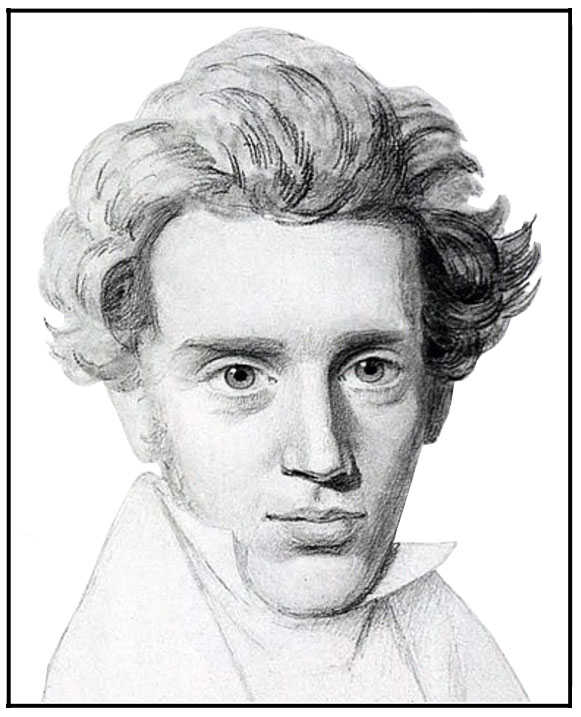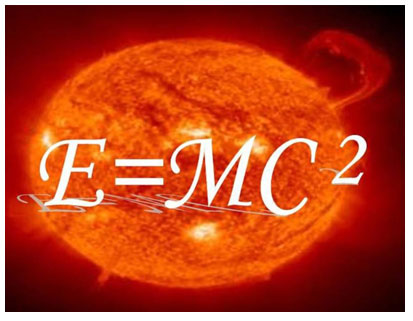Soren Aabye Kierkegaard
(1813-1855)
German philosopher Friedrich Nietzsche refers to Kierkegaard as the ‘moralist’ in his book Morgenröthe (The Dawn): “Those moralists, on the other hand, who, following in the footsteps of Socrates, offer the individual a morality of self-control and temperance as a means to his own advantage, as his personal key to happiness, are the exceptions.” Kierkegaard was a Christian who argued that objective certainty of religious truths was not possible. His position was a subjective stance – one that is involved. Passionate. Love. Hope. I care. That the individual’s subjective relationship to the God-Man Jesus the Christ came through faith. The subjective path just responds with passion of faith. A grateful love. Romanticism and Enlightenmentism is not adequate - it is the passion of faith that defines what being a Christian is. Professor of philosophy Dr. Arthur Holmes comments on Kierkegaard: “The objective path has arguments which have counter arguments which have counter-counter arguments and so on. This is the tendency of 19th-century German scholarship – always something to be done. So the objective path leads to nowhere – it’s never finished. So, Kierkegaard’s subjective path ‘logic’ has no absolute starting point, which is a reference to Descartes (‘idealism’). The logic is able to deal with universal concepts but not with individual existence; not a logic of the unique individual…Now Kierkegaard agrees that a logical system is possible such as with Spinoza, Leibniz, Hegel or Descartes. A logical system is possible, but an existential system is impossible because its universal truths cannot deal with the slippery eel of individual existence.” Excerpt from Kierkegaard’s Journal (1850)
Kierkegaard wrote this amazing ‘prophecy’ before the discovery of electricity, the invention of the combustion engine and even modern weapons. He accurately predicted that science would discover something so powerful that it could destroy the world. Kierkegaards's prediction was 82 years before the discovery of neutron by James Chadwick (1932).
|

